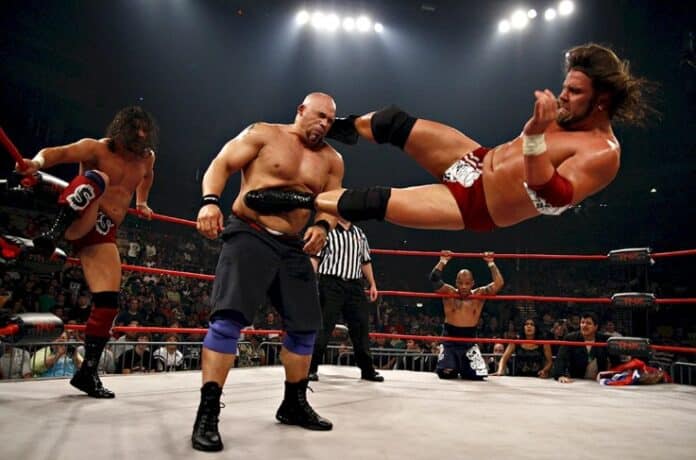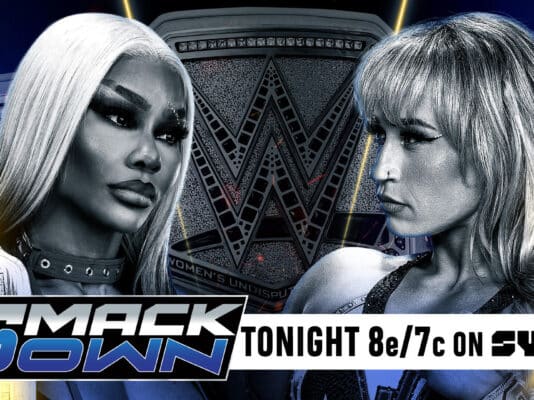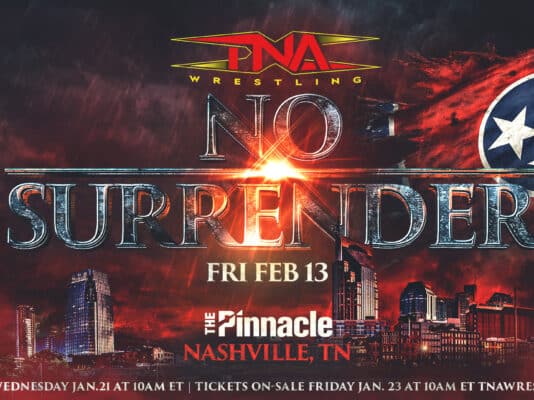
The psychology of combat is an integral part of wrestling. A fighter’s success depends not only on physical preparation but also on motivation, resilience, and team relationships. However, anyone with even a basic understanding of sports knows that a fighter’s success relies not only on physical training but also on what is in their head. Motivation, psychological stability, and proper team dynamics can determine the outcome of even the most unpredictable fight.
When creating this material, we were assisted by the Nove Casino team, which specializes in professional reviews of gambling games, online casinos, and betting shops. Their experience in the betting field and understanding of players’ psychology significantly contributed to exploring the topic of wrestlers’ motivation.
The role of motivation in a wrestler’s career
Motivation plays a key role in a wrestler’s career, as this sport requires not only physical strength but also a strong psyche, allowing one to maintain composure and focus even in the most challenging moments. Wrestlers often find themselves on the brink of defeat, and only through inner motivation are they able to continue the fight and achieve success. It is important to remember that wrestling is not only about confrontation in the ring but also a spectacular show, where the ability to capture the audience’s attention is just as important as winning the match.
Internal motivation: why do wrestlers choose this path?
Choosing the profession of a wrestler may seem strange at first glance, as regular injuries and pain become a habitual part of athletes’ lives. However, the inner motivation of these people turns out to be stronger than any risks and difficulties. For some, it is an opportunity to assert themselves, to prove their strength and character; for others, it is the fulfilment of a childhood dream they are ready to fight for, regardless of obstacles. Moreover, wrestling is not just a sport but also a spectacular show where emotions and audience reactions become part of the victory.
External motivation: the influence of the environment and the public
Anyone who has ever watched wrestling on television or at a stadium knows: the energy of the crowd is a powerful boost for the fighters. The roar of the audience, the emotions of the fans, and the atmosphere of excitement can push even a tired wrestler to fight to the very end. On the other hand, the pressure from the audience and media expectations can psychologically break a fighter. This makes the outcome of matches unpredictable, and it is precisely why wrestling becomes appealing for betting.
Wrestling betting: recommendations for beginners
If you are so passionate about wrestling that you want to try your hand at betting – this section is for you. Our partners from the Nove Casino team have prepared a small list of recommendations to help you start your journey in the world of betting.
- Study the rules and specifics of wrestling. Understanding that it is not only a sport but also a show will help you navigate predictions better.
- Choose a reliable bookmaker platform. When selecting platforms, always pay attention to the presence of a licence, professional reviews, and feedback from other users.
- Start with minimal amounts. The optimal option for beginners is a casino deposit of 1 euro. These are very small amounts of money, but even such a sum will allow you to understand whether you enjoy betting or not.
- Choose a convenient deposit method. The most popular ones are bank cards, electronic wallets (e.g., Skrill or Neteller), but prepaid cards like Paysafecard casino allow you to limit expenses.
- Analyse the popularity of fighters. Take into account how the audience and external circumstances can influence victory. Wrestling is primarily a show, and therefore popular and media-savvy fighters are the first to advance up the career ladder.
For detailed information on how to place bets with a deposit of 1 €, read the article Playing for 1 euro.
Psychological aspects of wrestlers’ training
The preparation of a wrestler involves not only physical perfection and honing techniques but also intensive psychological work. Athletes need to cope with pressure, fear of injuries, and public performances while constantly maintaining confidence in their abilities. The ability to control emotions, remain composed, and adapt to changing conditions is an essential part of the preparation. An important role is also played by the understanding that wrestling is a show where a successful performance depends on the ability to present oneself to the audience effectively and convincingly.
Mental resilience and stress management
The ability to manage stress is a key skill for any wrestler. Professionals train not only their muscles but also their minds, developing the ability to maintain focus even in critical fight situations. Fighters need to react quickly to their opponent’s actions, adapt to changing conditions, and not let emotions overpower reason. The best wrestlers achieve this through special breathing practices, meditation, and even small rituals before entering the ring, which help them focus on their performance and maintain composure in any situation.
Visualisation and positive thinking
Effective visualisation – this is a proven method that helps wrestlers prepare for victory in advance. Fighters mentally play out the scenario of the match, imagining each of their actions and the opponent’s reactions. This technique is also actively used by athletes and representatives of other professions that require quick reactions and maximum concentration. A positive mindset for success significantly increases the chances of achieving it, as the brain perceives the mental scenario of victory almost as a real experience.
The influence of rivalry and relationships on a wrestler’s motivation
Rivalry in wrestling goes far beyond the ring, exerting a serious psychological impact on athletes. The higher the personal competition and the more intense the relationships between rivals, the greater the emotional intensity of the match itself. Such rivalry is also found in other sports, where athletes, striving to outdo one another, take significant risks and decisive steps. In wrestling, this rivalry becomes not only an additional stress factor but also a powerful motivation for achieving high results and new professional heights.
Personal rivalry: when emotions fuel the clash
Personal rivalry can turn even a standard match into an exhilarating show. When fighters clearly dislike each other or are competing for a prestigious title, the tension becomes palpable to the audience, who respond to the events with heightened emotion. It is precisely such bouts that are most often remembered and become wrestling classics. In these cases, fighters use emotions and audience reactions as fuel, driving them to give their all and make the performance unforgettable for the spectators.
Team relationships: the influence of coaches and teammates
Relationships within the team and interaction with the coach can influence a wrestler’s career no less than their personal ambitions and goals. Coaches who know how to properly support and motivate an athlete at crucial moments help them believe in their own abilities and achieve success. Training partners are no less important: healthy competition and mutual support within the team contribute to constant professional growth. Such a team atmosphere is also characteristic of other sports, where team cohesion is the key to consistent results and high achievements.
Inspiring stories and examples from the world of wrestling
Wrestling is rich with stories of athletes who have literally “risen from their knees” and managed to achieve incredible success thanks to their strength of character. Similar stories are often found in other sports, where psychological resilience becomes the decisive factor for victory. Inspiring examples of wrestlers who have overcome difficulties and personal obstacles best highlight how important self-confidence and motivation are for achieving success, even in the toughest conditions.
Stories of famous wrestlers who overcame psychological difficulties
One of the striking examples is the story of Edge (Adam Copeland), who was forced to end his career due to a serious neck injury, but nine years later returned to the ring and reclaimed the WWE Championship. His struggle with depression and doubts motivates not only wrestlers but also people who have faced tough life challenges. Edge has shown through personal example that overcoming psychological difficulties and inner fears is sometimes much more important than success in the ring itself.
How inspiration from wrestling legends influences new fighters
Young wrestlers often find inspiration precisely in the legends of the past: figures like Ric Flair, Steve Austin, or The Undertaker serve as their guide and example of psychological resilience. These veterans managed to maintain their motivation over decades, which gives newcomers faith in their own abilities. Observing their idol, a young fighter shapes their own style and motivation, as well as learns to cope with the pressure from the audience, opponents, and personal ambitions.
Conclusion
In summary, it can be said that psychological preparation is no less significant than the physical skills of a wrestler. Inner motivation hardens the fighter in the face of any challenges, the energy of the audience and competition spurs determination, and reliable support from the team and mentors strengthens confidence. Together, these three elements — motivation, stress resilience, and team relationships — create a solid foundation for outstanding victories. Next time you watch a match, pay attention to the psychological nuances: they often determine the outcome of the fight.














